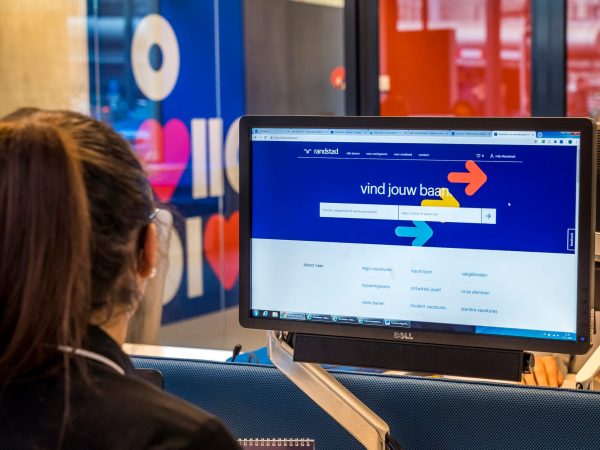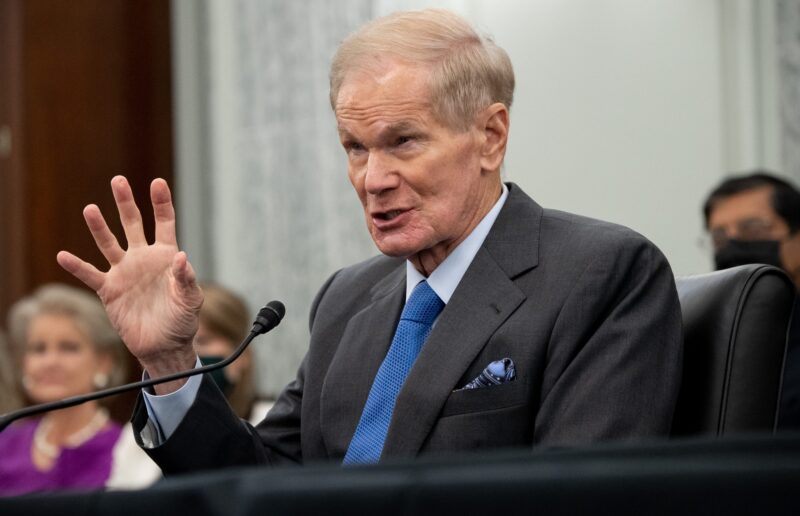- The student-loan industry has disproportionately targeted borrowers of color.
- A new report, supported by Elizabeth Warren, aims to crack down on schools violating civil rights.
- It suggests a collaboration with Federal Student Aid and the Office of Civil Rights to monitor institutions.
The student-loan industry has disproportionately burdened borrowers of color — but agencies in President Joe Biden's administration might be able to change that.
On Thursday, Student Defense — an organization that advocates for borrowers' rights — released a report highlighting the "woefully inadequate" response the Education Department has had toward the student-loan industry targeting minority borrowers and women. Specifically, the report highlighted how student-loan abuses have violated the civil rights of borrowers of color and emphasized the way in which a collaboration with the Federal Student Aid office and the Education Department's Office of Civil Rights (OCR) could work together to change that.
"For too long, Black and Brown borrowers have been disproportionately impacted by our broken student loan system," Massachusetts Sen. Elizabeth Warren told Student Defense. "The Department of Education and the Office for Civil Rights and Federal Student Aid should enhance their collaboration to help tackle racial disparities in our higher education system and to protect the civil rights of Black and Brown students."
As Insider previously reported, the student debt burden can follow Black borrowers long after they graduate — while the median white borrower will owe just 6% of their student debt 20 years after entering college, the median Black borrowers will still owe 95% of their debt over the same time period, according to an NAACP brief.
In 2020, Warren, along with New Jersey Sen. Cory Booker and then-Sen. Kamala Harris, wrote a letter to OCR to request information on how the office planned to address the "alarming racial disparities in our federal student loan system through vigorous enforcement of the nation's civil rights laws." They wrote that the department "has at its fingertips evidence of massive racial disparities in the federal student loan system," like targeted of minority communities by for-profit schools, and they wanted an investigation into those practices.
However, there has not been significant progress toward tackling those disparities, which is why the Student Defense reported suggested OCR and Federal Student Aid work together to bring enforcement actions against institutions that are violating borrowers' civil rights. Specifically, the report suggests the two offices can coordinate by:
- Officially establishing a partnership between the two offices to better monitor any practices that may be violating civil rights laws
- Bringing joint enforcement actions to stop federal aid from going to schools that violate civil rights laws
- And focusing oversight on discriminatory practices the Education Department has yet to investigate, like "reverse redlining," which is when a predatory institution would compel borrowers of color to take significant amounts of federal aid for an education with little value.
"There is a real opportunity for the Department of Education to protect thousands of Black and Brown who have been targeted by predatory companies through practices such as reverse redlining," Student Defense President Aaron Ament said in a statement.
Early this year, Student Defense brought a lawsuit against Walden University, alleging that the school lured Black students and women into a business degree with false program requirements, costing them over $28 million in overpaid tuition. The plaintiffs are seeking a judgment that the university violated their civil rights. In this case, as the report noted, should Federal Student Aid and OCR work together to investigate Walden, the two offices could require the school to provide disclosures of cost and completion time to students when enrolling in a program.
This collaboration would build on actions Biden's Education Department has already taken to increase scrutiny over predatory schools. Insider reported last year that the department revived an enforcement office that would strengthen oversight of and enforcement actions against schools that participate in the federal-student loan program or distribute any federal grants.










